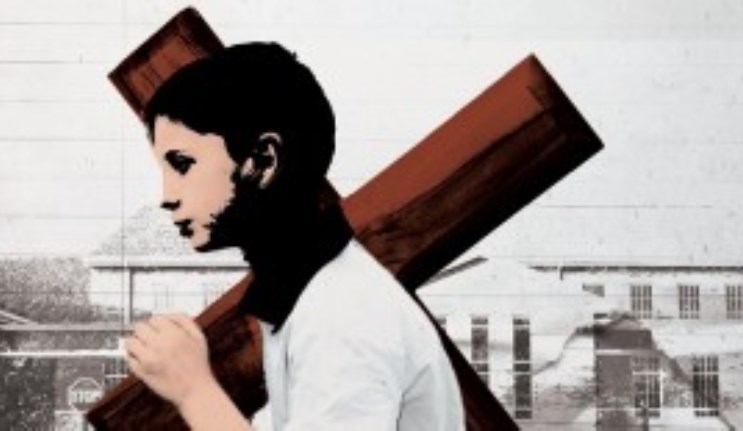
RESEARCH NEWS
Creating resilient societies
In the midst of ongoing global turmoil, communities are coming under pressure from social, economic, environmental, and religious pressures. Building resilient societies is one of the key focus areas of our Strategic Research Framework 2015 – 2024: World-Leading Research; World-Changing Impact, as Macquarie seeks to understand cultures in our changing world and building ethical, just and inclusive communities.
The second priority under the framework, Creating Resilient Societies takes a broad, cross-disciplinary approach to addressing the challenges that shape our future, with research themes that focus on societal transformation, communication, and ethics, governance and justice.
The broad base of the research themes has allowed Macquarie researchers to explore a range of projects that each play a role in creating resilient societies, from the role of cultural diversity in stable workplaces to the effectiveness of community policing initiatives to the impact of religion-based education funding models.
Taking God to School
Macquarie University Future Fellow Professor Marion Maddox has spent the past few years exploring the evolution of Australia’s education system. Set up in the Nineteenth Century to be free, compulsory and secular, Australian school funding models are increasingly shaped by religion and privilege.
“Fewer Australians practise a religion or claim belief in God than ever,” she says. “Yet Australian governments are investing more in Christianising our schools than at any time since Federation.”
Her book, Taking God to school, explores the unforeseen impacts of the increasingly religious basis of education in Australia, in both public and private schools. “As well as funding already well-resourced private schools and entrenching wealth and privilege, our funding models are facilitating potential discrimination against teachers working in those schools – for same-sex relationships, children out of wedlock or differing religious beliefs – that would not be tolerated in the public system.
“Since one-third of children are privately educated, this is where a lot of teachers spend their careers, and while many schools chose not to exercise their right to discriminate, the potential to exploit this loophole exists,” she says.
She argues that there is a pervading idea that good parents buy private education for their children, and over 90 percent of private schools are Christian.
“Every time the question of government funding comes up, defenders of the status quo make accusations that their religious freedom is being attacked – even if the vast majority of parents don’t choose private schooling for religious reasons,” Professor Maddox says.
“The end result is the promotion of a single religious tradition through the provisions of the SRE program, school chaplaincy program and capacity for some religious schools to place a biblical spin on the curriculum.
“But as Hansard from 100 years ago shows, this is exactly what the public education system was set up to get away from: to avoid segregation and segmentation, to create fair and equitable opportunities for all.”
“We have turned our back on the system our forebears created, and in so doing have taken education from being open to everyone, to becoming a tool of personal advancement for those wealthy enough to afford it.
“Unless we recognise the consequences of continuing down this path, it will be the end of the egalitarian education system and we will all be the poorer for it,” she says.
Learn more about Marion Maddox’s book Taking God to School